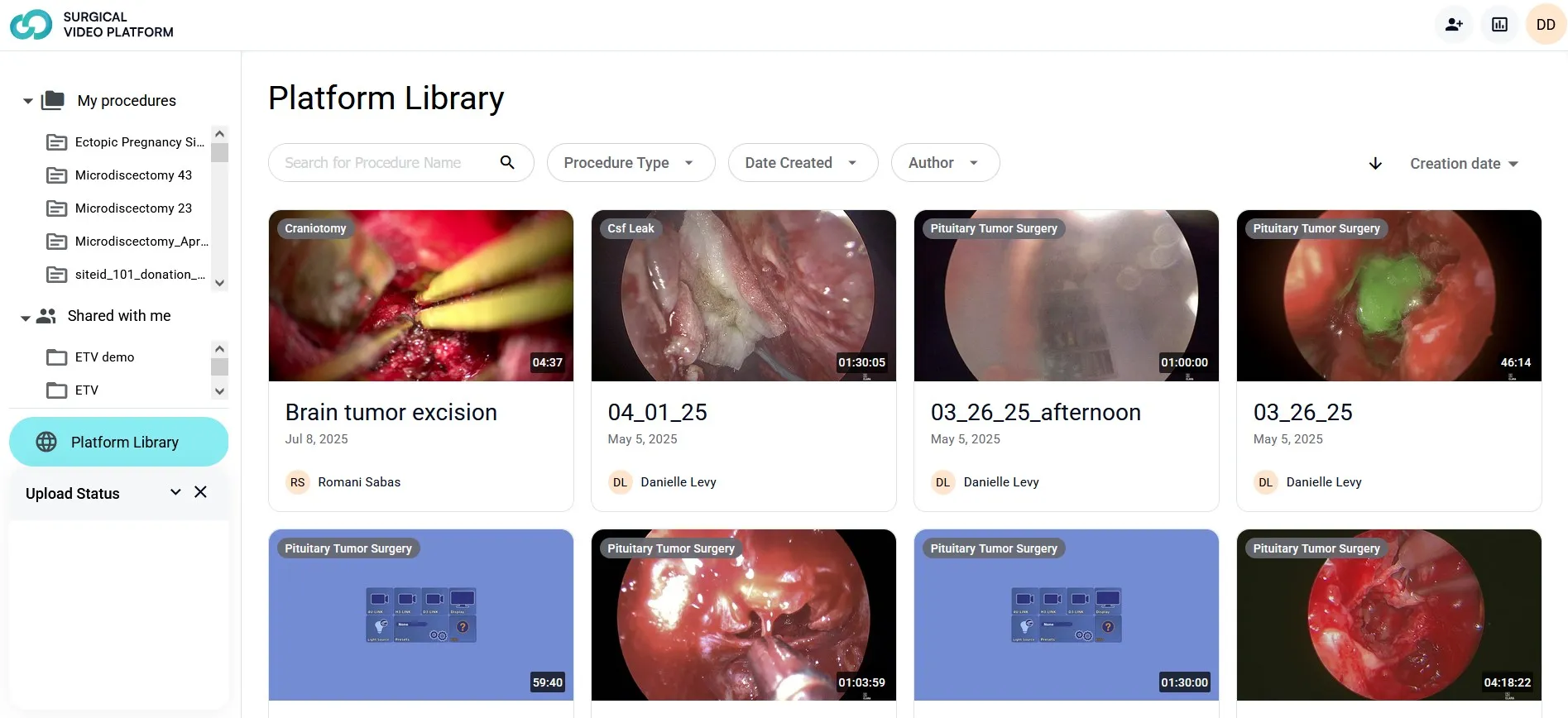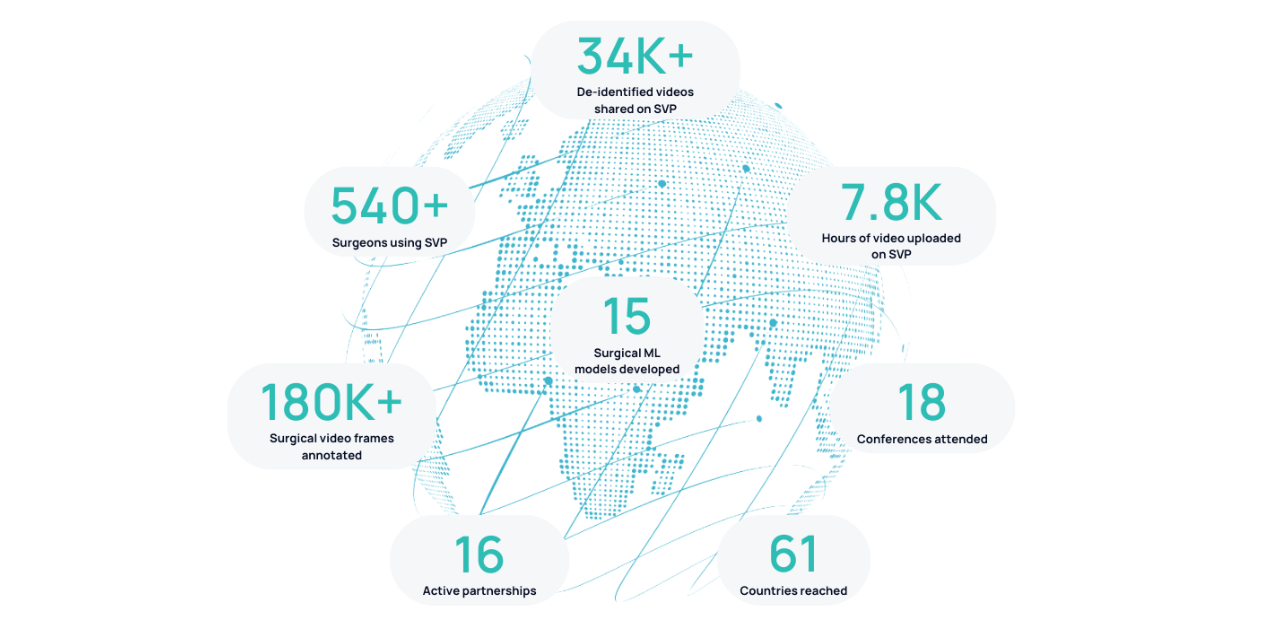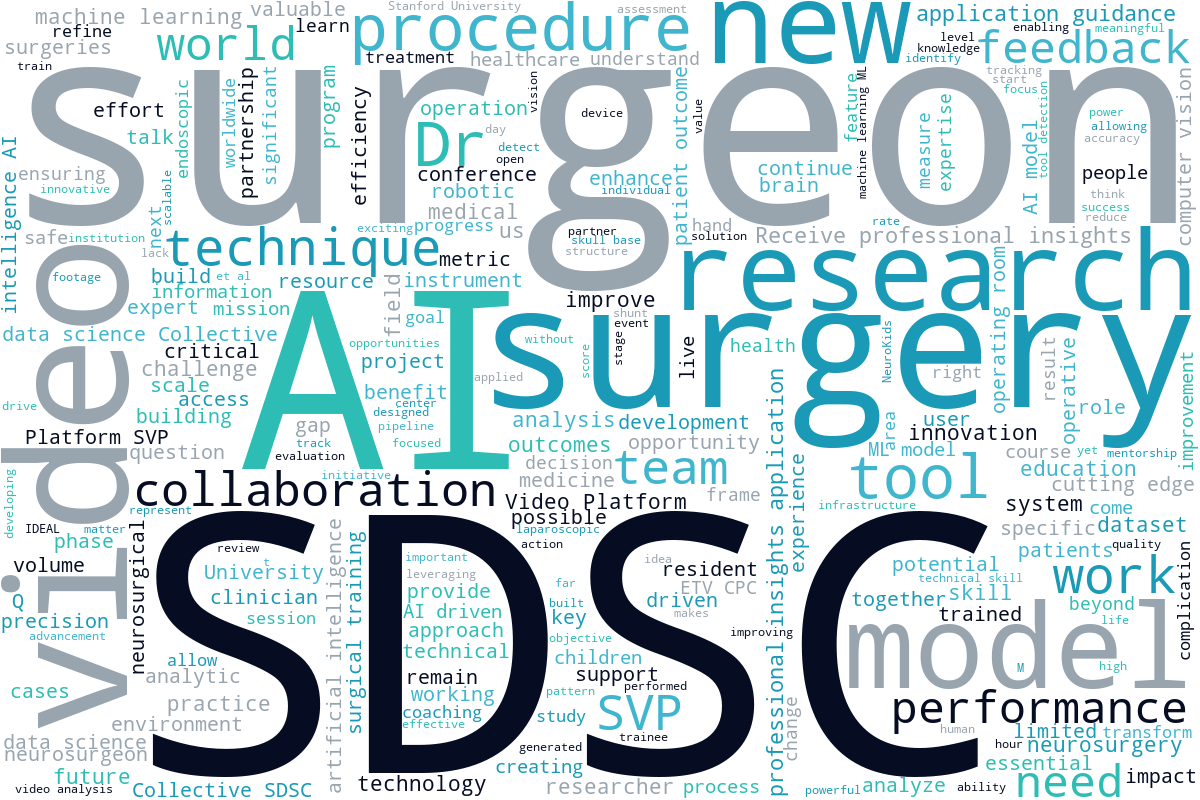.webp)
When COVID-19 swept through hospitals across the globe, healthcare systems everywhere were forced to make difficult decisions pertaining to surgery, and the fragility of traditional surgical training and research was exposed. Elective surgeries were postponed, training programs were reconstructed or paused entirely.
According to the academic literature (see below), a generation of residents were left with doubts about the stringency of their training, and educators were worried about graduating surgeons with significantly less experience in the operating room (OR). At the same time, surgical researchers faced remarkable barriers with patient volumes down and ORs inaccessible.
"The impacts of COVID 19 pandemic on surgical education are significant and inevitable. Thus, we must integrate novel educational methods in surgical curriculum to optimize training and minimize the adverse effects of the pandemic on surgical education.1"
Mentorship paused. Research stalled. Conferences vanished. All in-person collaboration – so vital to surgical advancement – was suddenly off the table.
“Training has been greatly affected by the COVID-19 pandemic. The introduction of new teaching methods and a focus on training after the pandemic are imperative.2”
We all hope that this was a siloed event, but what if this kind of disruption occurs again?
Training shouldn’t stop when the world does
The pandemic highlighted how drastically surgery relies on physical presence – in-person cases, mentorship, and collaboration. Not only did COVID-19 delay valuable surgeries, but it created gaps in experience, education, and research. So, what if we could build a tool that could continue these activities in a scenario where remote is the only way?
Imagine if all of those affected surgical residents had access to a searchable, indexed video library of real-world procedures. Or if researchers could remotely analyze thousands of hours of surgery using artificial intelligence (AI) and machine learning (ML). Or if mentorship could remain in action even while borders are closed and instead was expanded by a digital network of surgeons and educators worldwide.
Surgical Video Platform (SVP) ensures that learning, collaboration, and research can continue – no matter the crisis.
A living study library
SVP’s Platform Library is a constantly growing archive of high-quality, searchable videos of real surgical procedures across a range of disciplines. Whether you’re a resident preparing for tomorrow’s case, or a senior surgeon exploring new approaches, the Platform Library can be your on-demand surgical reference.
During the pandemic, this could have been a lifeline.

Research without borders, powered by AI
Even when surgery is on pause, SVP enables research. Surgical Data Science Collective (SDSC) has developed state-of-the-art AI and ML tools that offer users the chance to analyze surgical footage at scale – tracking techniques, evaluating movements, and extracting insights that would be impossible in traditional environments.
For researchers sidelined by COVID-19, SVP could have kept the data flowing.

A global network of surgical minds
Surgeons, residents, researchers, and educators around the world can comment on cases, ask questions, and build a community of shared learning. Whether across town, or across an ocean, SVP turns a static video library into a dynamic, functional platform for users to engage and grow together.
The pandemic showed us how far Zoom could go. Why not apply that to the OR?
Future-proofing surgical education
During the pandemic, SVP could have sustained education, enabled research, and preserved surgical collaboration – all from a distance. Even in normal times, it reduces disparities in access, levels the playing field for under-resourced hospitals, and opens doors to synergistic research and learning.
What happens when:
- A natural disaster breaks up surgical mentorship?
- Hospitals in low- and middle- income settings have limited access to expertise or case diversity?
- A future pandemic hits, or any situation where mobility, time, or access are compromised?
By democratizing access to high-quality surgical content and global mentorship, we empower institutions to maximize what they already have, while unlocking entirely new resources.
Let’s not wait for the next crisis to build robust, resilient surgical education and research.
- Mohammadzadeh N, Vajargah KT, Nilforoushan N, Ashouri M, Jafarian A, Emami-Razavi SH. The impact of the COVID-19 pandemic on Surgical Education: A survey and narrative review. Annals of Medicine & Surgery. 2022 Oct;82. doi:10.1016/j.amsu.2022.104598 https://pmc.ncbi.nlm.nih.gov/articles/PMC8047098/
- Yiasemidou M, Tomlinson J, Chetter I, Biyani CS, Abdulhannan P, Andreou A, et al. Impact of the SARS-COV-2 (COVID-19) crisis on surgical training: Global survey and a proposed framework for recovery. BJS Open. 2021 Mar;5(2). doi:10.1093/bjsopen/zraa051 https://pmc.ncbi.nlm.nih.gov/articles/PMC9458543/#:~:text=A%20global%20survey%20on%20the,for%20surgical%20trainees%20%5B9%5D




.png)
